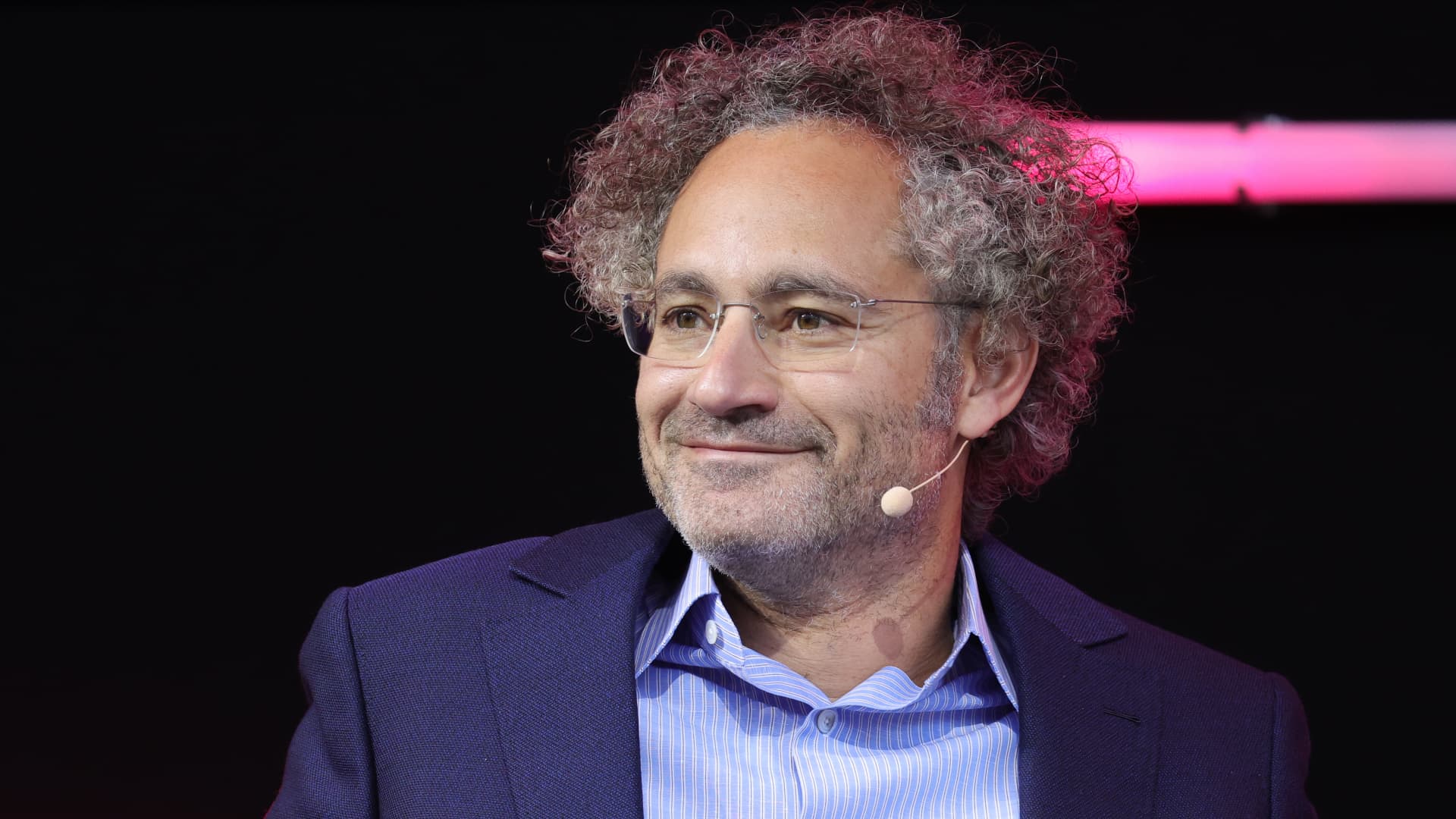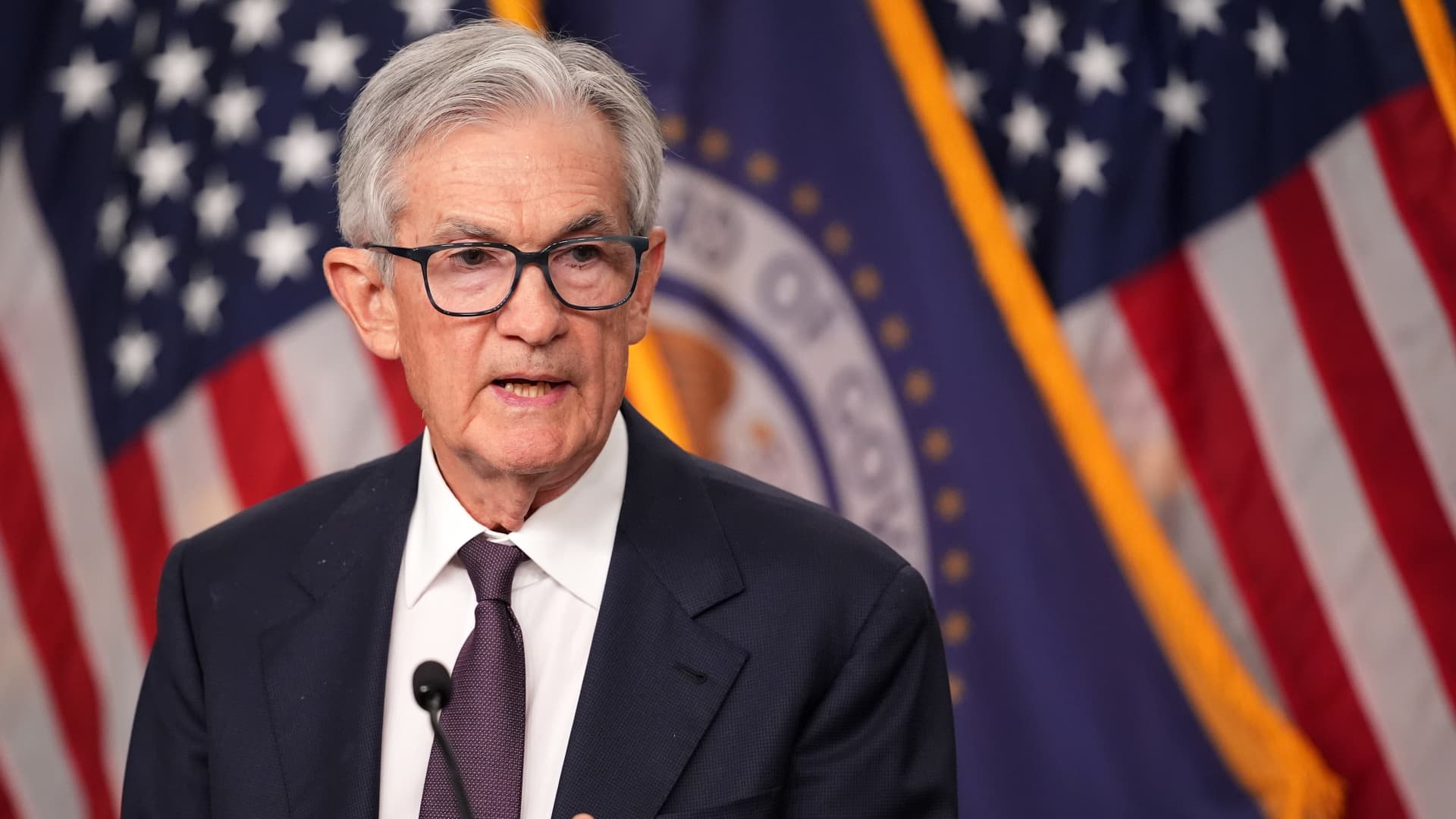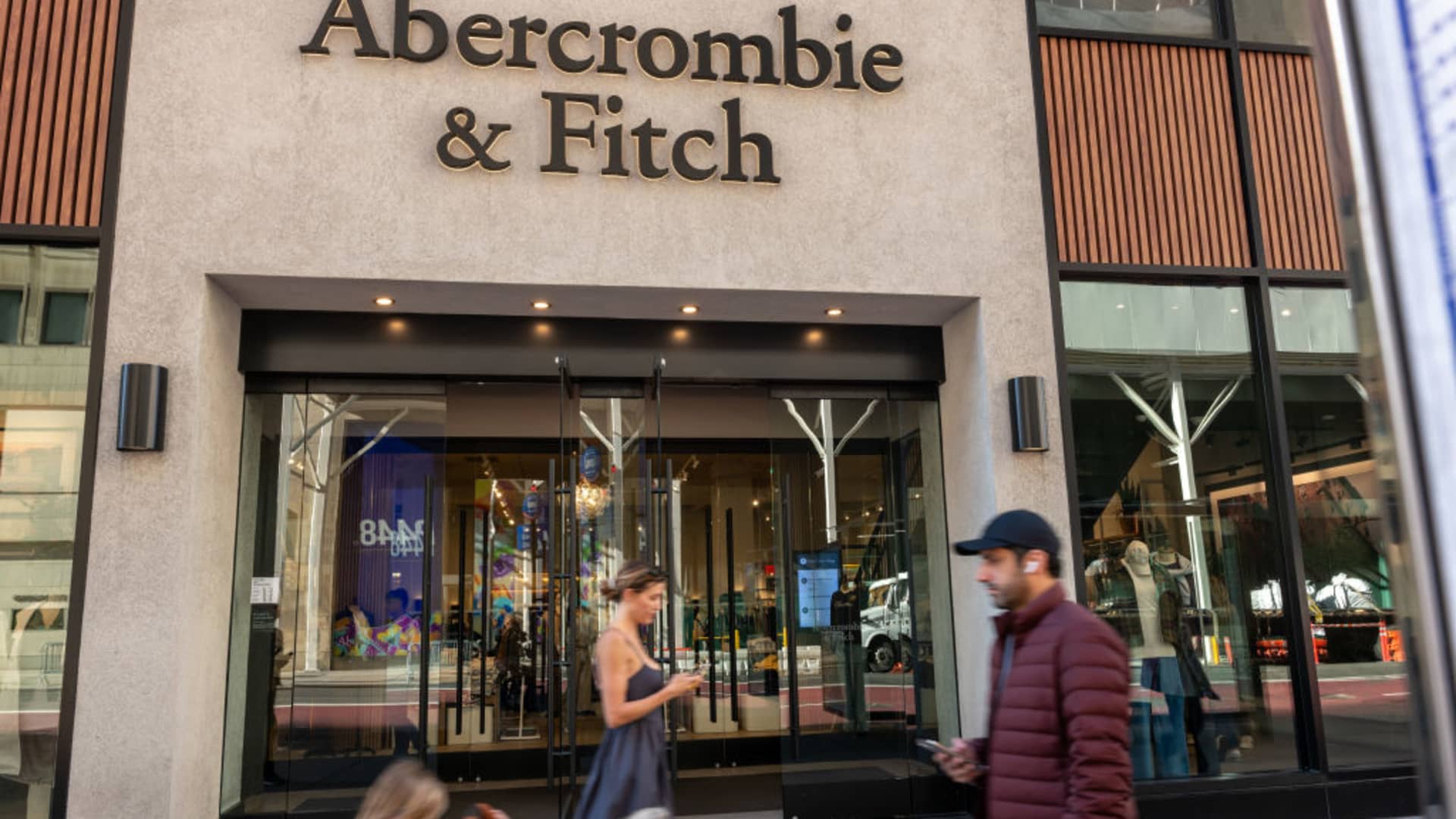7.4% of all homeowners have opted not to have insurance to protect their home. (iStock)
Homeowners insurance is required in many states, particularly when you have a mortgage, but not every homeowner has the insurance they need. More than six million homeowners in the U.S. don’t have homeowners insurance, according to a Consumer Federation of America (CFA) report.
An estimated 7.4% of all homeowners are uninsured throughout the country, leaving $1.6 trillion in assets unprotected, the report found. The high cost of homeowners insurance is causing homeowners to go without insurance.
“Many consumers are struggling to afford rising premiums and must go without homeowners insurance,” CFA Director of Housing Sharon Cornelissen said in the report.
Homeowners with lower earnings are more likely to avoid getting insurance. Those who earn under $50,000 are twice as likely to lack adequate coverage or coverage at all.
Additionally, certain demographic groups forgo insurance more than others. Among Native American homeowners, 22% don’t have insurance, 14% of Hispanic homeowners go without insurance and 11% of Black homeowners have no insurance. Homeowners living in the Houston and Miami areas were also more likely to be uninsured, according to the report.
“That [not having insurance] puts them at risk of losing everything. One storm or wildfire means they have to go into deep financial debt to repair their home, live with unsafe and inadequate housing, or even become homeless,” Cornelissen said.
To find homeowners insurance that actually fits your budget, consider using Credible’s marketplace to compare rates in minutes.
2023 WAS THE HOTTEST YEAR ON RECORD, DRIVING UP UTILITY COSTS AND HOMEOWNERS INSURANCE PRICES
Legislation could cut homeowners insurance costs
Due to the homeowners insurance crisis plaguing the country, certain states are trying to get legislation passed to lower insurance rates.
In Florida, particularly Broward County, a commissioner is seeking to pass legislation that would lower rates for Floridians by as much as 25%. Florida has some of the highest premiums in the country due to more frequent natural disasters and higher rates of fraud.
The legislation, originally introduced by Rep. Jared Moskowitz is titled the Natural Disaster Reinsurance Plan. Since Florida is significantly impacted by natural disasters, this program could save homeowners hundreds in monthly insurance premiums. If passed, the legislation would help Florida and other states that choose to opt-in scale back the need for insurance companies to purchase reinsurance from other providers.
In short, companies buy insurance from outside companies to protect themselves from risk and pass on the higher premiums to homeowners. The bill would limit this need, saving insurance companies money, as well as those they insure.
If you need a new insurance company, Credible can help you compare rates from multiple companies, potentially saving you hundreds on homeowners insurance each year.
NORTH CAROLINA’S INSURANCE RATES HIKE DENIED, RATES IN OTHER STATES STILL RISING
Auto insurance rates also skyrocketing
Drivers in most states are also seeing their monthly premiums reach all-time highs. The motor vehicle index portion of inflation rose 0.9% in February, the Bureau of Labor Statistics reported.
Over the last year, the index increased by 20.6%, indicating a spike in auto insurance costs for the entire country. The rising cost of used cars and trucks added to this index increase. Its own index increased by 0.5% from January to February.
Last year, 31% of drivers saw their car insurance increase, J.D. Power found. Rates increased 15.5%, on average, largely due to substantial losses insurance companies faced.
“Overall customer satisfaction with auto insurers has plummeted this year, as insurers and drivers come face to face with the realities of the economy,” said Mark Garrett, J.D. Power director of insurance intelligence.
Drivers are growing increasingly frustrated with the insurance industry as companies pull out of states entirely.
“While insurers are caught between a rock and a hard place when it comes to balancing profitability with customer experience, there are several ways they can blunt the negative effects of rising costs, such as proactively offering customers UBI alternatives, clearly signaling and explaining necessary rate increases and consistently delivering on brand promises to instill trust,” Garrett said.
Car insurance rates vary based on a variety of factors — from your credit score to driving habits. Use Credible’s free tools to shop around and lower your car insurance premium today.
AUTO INSURANCE PREMIUMS RISE AS CAR THEFTS AND FALSE INSURANCE CLAIMS INCREASE
Have a finance-related question, but don’t know who to ask? Email The Credible Money Expert at [email protected] and your question might be answered by Credible in our Money Expert column.

 Accounting6 days ago
Accounting6 days ago
 Economics1 week ago
Economics1 week ago
 Personal Finance6 days ago
Personal Finance6 days ago
 Accounting6 days ago
Accounting6 days ago
 Finance5 days ago
Finance5 days ago
 Economics1 week ago
Economics1 week ago
 Economics6 days ago
Economics6 days ago
 Economics6 days ago
Economics6 days ago













